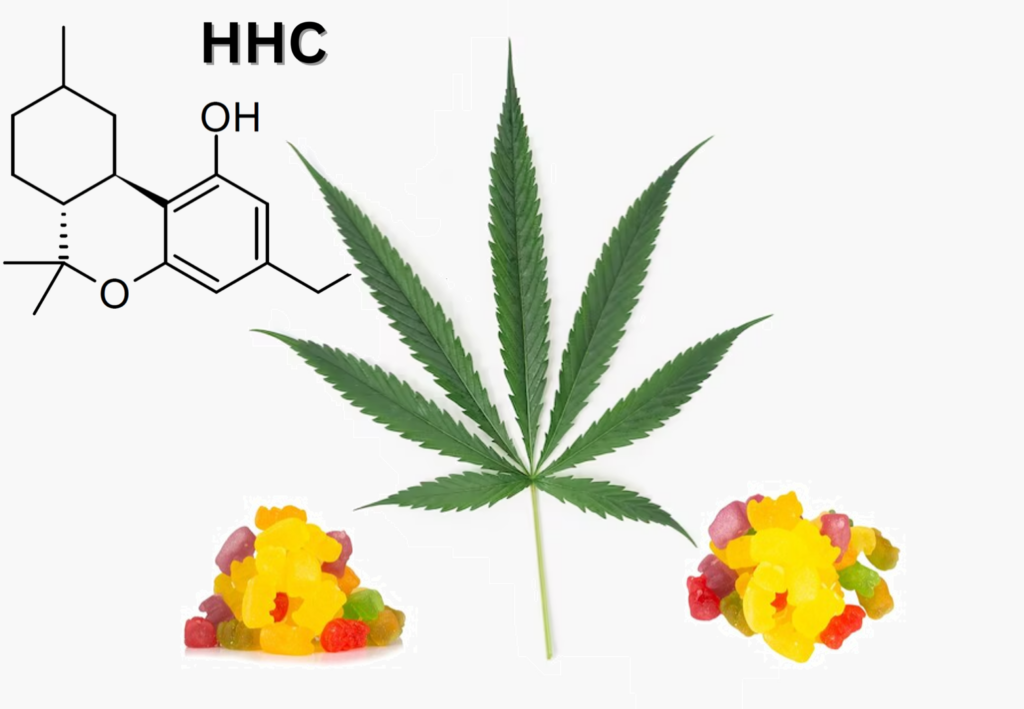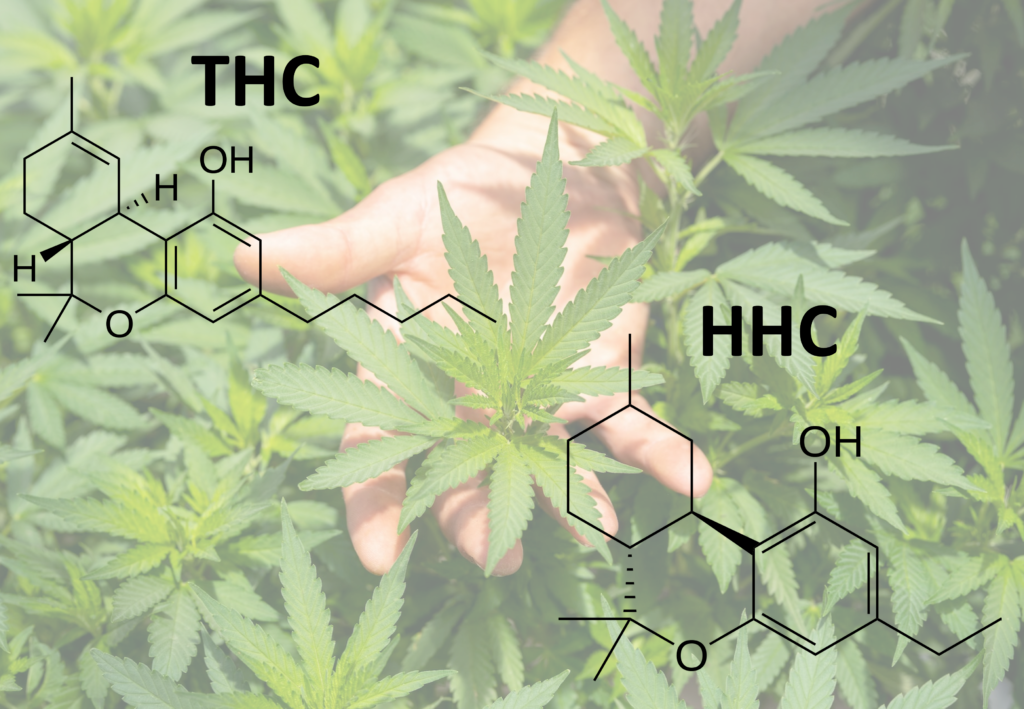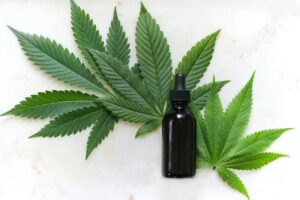There are several networks and systems found within the human body, all working together to ensure homeostasis and functionality. One of these is known as the endocannabinoid system (ECS), and it plays an essential role in governing a variety of physiological processes such as pain, mood, and appetite.
Several external compounds can affect the ECS, including the cannabinoids known as tetrahydrocannabinol (THC) and hexahydrocannabinol (HHC). This has led to these compounds receiving ever-increasing interest within the medical and recreational cannabis market.
This article will focus on how THC and HHC interact with the ECS and how this manifests in a therapeutically beneficial manner. We will look at how these cannabinoids are alike and how they differ, specifically regarding the outcome of their respective sets of effects on the body. By understanding the mechanical workings of the interactions between THC, HHC, and the ECS, readers will be better informed and thus more prepared to make the best decisions in terms of their cannabis use. They can also explore using these compounds for medicinal purposes with a deeper understanding.
Read Next: CBD for Anxiety: Everything You Need to Know
Talking About THC
The predominant psychoactive compound found in cannabis is known as THC. It works by binding to CB1 receptors located in the brain, which causes a feeling of euphoria, also known as a “high”. THC is also known to produce other effects such as increased appetite, relaxation, and pain relief.
The body produces naturally occurring compounds known as endocannabinoids, and THC copies these compounds’ effects. Through binding to the CB1 receptors, THC stimulates the ECS, which offsets a number of effects, including:
- Higher dopamine levels: The “happy chemical” called dopamine is a neurotransmitter that governs feelings of reward and motivation. By increasing levels of dopamine in the brain, THC users may experience feelings of euphoria and pleasure.
- Lessened anxiety: By activating CB1 receptors in the part of the brain involved in the processing of emotions and known as the amygdala, THC can reduce anxiety.
- Greater appetite: THC activates CB1 receptors in the hypothalamus – the part of the brain that regulates hunger – thereby increasing appetite.
- Pain relief: THC can obstruct the transmission of pain signals which helps reduce pain.

Honing in on HHC
HHC is a novel cannabinoid, and for this reason, far less is known about or can be spoken of in terms of its medical benefits. It is similar to THC but produces a milder effect, and this is thought to be due to the different way in which it binds to CB1 receptors.
It is thought that HHC works similarly to THC in its onset of action – by binding to CB1 receptors in the brain. Because of its supposed smaller potency in comparison to THC, however, HHC has a shorter duration of efficacy.
Therapeutic Benefits of Cannabinoid Compounds
THC and HHC have potential therapeutic benefits, with HHC still requiring further research. Extensive research has gone into the medicinal applications of THC for the treatment of issues such as chronic pain, nausea, anxiety, depression, and spasticity. While HHC is still a burgeoning compound, preclinical trials for its potential use as a treatment for a variety of ailments look positive.
The Other Relevant Cannabinoid Receptor
Beyond the CB1 receptors, THC and HHC interact with other ECS-located receptors, such as the CB2 receptors. These receptors are typically located in the immune system and contribute to the inflammation response. THC has been shown to have anti-inflammatory effects, which are thought to be due to its interaction with CB2 receptors.
Comparing Compounds: Potential Differences in Effects
While they may interact with the ECS in a similar manner, THC and HHC are presumed to affect the body differently. THC is thought to be stronger than HHC, with a longer duration of action. THC can also lead to adverse effects such as anxiety, paranoia, and impaired coordination. It is thought that HHC is less likely to result in these effects.
The Factors Affecting the Effects
Anything from dosage, method of consumption, and variance in individual metabolic abilities can cause differences in the effects of THC and HHC. Higher doses of THC are more likely to produce a stronger high. THC also has a higher chance of producing side effects when smoked or vaporized instead of ingested. Some people may also simply be more sensitive to the onset of the effects of THC and HHC than others.

THC, HHC, the ECS, and YOU
Recreational cannabis use or the pursuit of using these compounds for medical applications is an individual choice; understanding how these compounds interact with the ECS will help clarify your decision. More research is required to fully understand the effects of cannabinoids on the body, including THC and HHC.
For now, however, it’s best you remain abreast of the latest news by reading articles like these!
Disclaimer:
The information in this article, including but not limited to text, images, graphics, and other material contained herein, is for informational and educational purposes only and is solely intended to be used as a self-help tool. The information in this article and website does not substitute for professional medical advice, treatment, or diagnosis. Always seek guidance and advice from a qualified healthcare provider before undertaking a new healthcare regimen.









